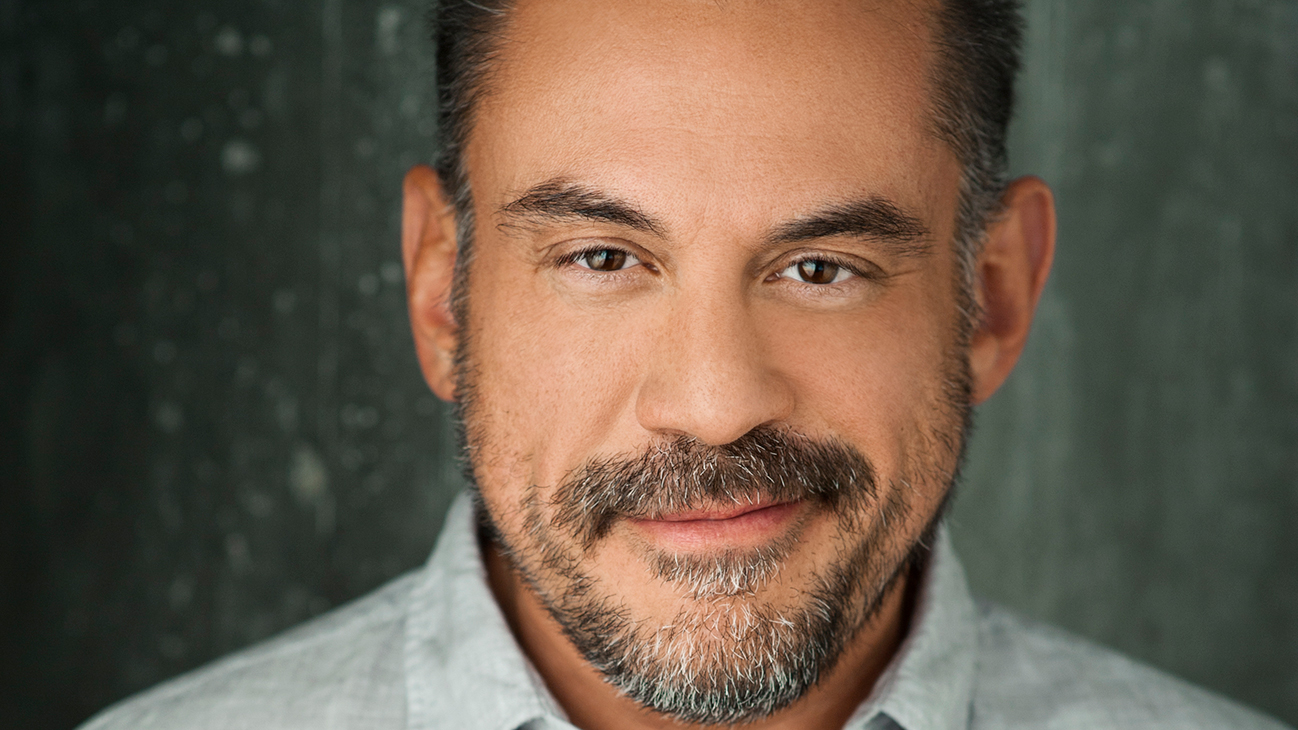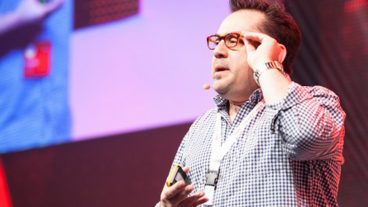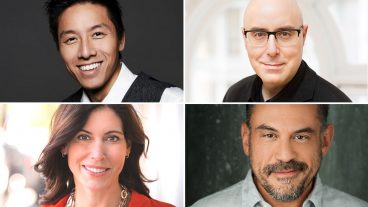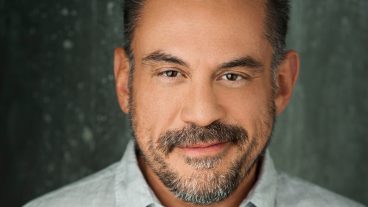Known as the “leader of the new world order”, Leonard Brody is a highly sought-after speaker who addresses the rapid pace of change, innovation, and disruption facing us all, and what we can do about it.
The co-founder and executive chair of Creative Labs at Creative Artists Agency recently spoke at the CDW IT Leadership SummIT in Chicago, where he shared insight into our fast-changing world and provided tips to help organizations not only weather the storm but future-proof their business.
CDW’s BizTech online magazine published an article rounding up some of Leonard’s key points. Throughout his talk, he provided business leaders with a foundation of knowledge to help them understand technological changes, past and present.
1. Companies need to pay attention to both technological and societal changes.
Technological evolution is nothing new. What’s different today is the extent of technological change. Leonard says the turning point for us occurred when two unrelated events collided — the rise of the iPhone and the global economic recession.
From BizTech: “Both of these put us into the position where we are literally rewriting this planet from the ground up,” he said. “It’s a complete reset of the operating system of our world.”
This isn’t the first time that the human race has experienced this type of change. We’re actually on the fourth re-write, with the first being the industrial revolution in the mid-1700s.
Just as important as these technological shifts though are the societal shifts that follow. A less unknown rewrite occurred between 1900-1920, when we saw expanded home ownership as well of the development of public services, like utilities. These changes in how people live must be accounted for as well as changing technology in order for a business to see continued success.
2. Understanding a customer’s virtual persona is just as important as their real-life persona.
Along with technological change, we are also experiencing a societal shift today as well. Almost everyone now has two personas that they present to the world — their real-world self and their virtual self. Since people’s behaviours online can drastically differ to how they behave in the real world, businesses need to understand how to best communicate and reach both.
3. IT leaders are the stewards of the future.
For this specific talk, Leonard’s audience was composed of people who work in IT, so he customized it to speak directly to their industry. He believes that IT leaders are actually the stewards of the future because of their understanding of technology and the impact of digital transformation and cybersecurity.
From BizTech: “The most forward-looking organizations, he said, are those that recruit intelligence officers: people whose job is to know what the other leaders don’t know and then use those insights to inform key decisions.”
4. Companies should establish a “futures committee”.
Lastly, Leonard recommended that companies should establish a “futures committee” on their board of directors. This group of people would be dedicated to exploring what the future of their business may look like, as well as potential pitfalls and how to prevent them.
Leonard customizes his keynotes for his audience to ensure he covers key issues affecting their specific industries, now and into the future. He has previously lectured at institutions such as the G8 and the United Nations, as well as for global brands including Visa and Pepsi.
A published author, Leonard’s work has also been featured in prominent media, including Fortune, The Wall Street Journal, BBC, and the New York Times. He is currently writing a new book in partnership with Forbes, called The Great Re:Write, that is based on the successful documentary series that he and Forbes produced.
Interested in learning more about Leonard and what he can bring to your next event? Email us at [email protected].




